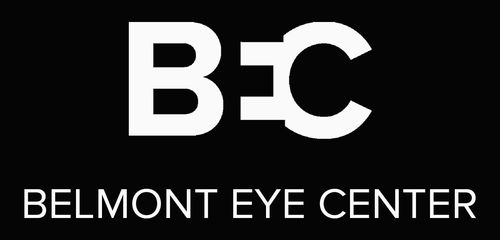If you’ve noticed that driving at night feels more difficult or that your eyes take longer to adjust in the dark, you’re not alone. Reduced night vision is a common age-related change in eyesight, typically becoming noticeable in the fifties and sixties. While it can be frustrating—and even dangerous—it often has clear causes and effective solutions.
Why Night Vision Declines with Age
Several natural changes in the eye contribute to reduced night vision over time:
-
Slower Pupil Response
With age, the pupil becomes less responsive, meaning it doesn’t open as wide in the dark. As a result, less light enters the eye, making it harder to see in low-light environments. -
Retinal Changes
The retina contains specialized cells called rods, which are responsible for vision in dim light. These rods gradually lose function with age, contributing to difficulty seeing in the dark. -
Lens Changes
As the lens inside the eye becomes clouded (often from cataract development), light is scattered rather than focused, creating glare, halos, and reduced clarity in low-light conditions.
Symptoms of Reduced Night Vision
-
Trouble driving at night or in poorly lit areas
-
Increased glare or halos around headlights and streetlights
-
Difficulty adjusting when moving from bright to dark environments
-
Needing more light for reading or detailed tasks
How to Manage Reduced Night Vision
-
Anti-Reflective Glasses: Special lenses can reduce glare and halos when driving at night.
-
Vitamin A-Rich Diet: Foods such as carrots, sweet potatoes, spinach, and leafy greens support retinal health.
-
Proper Lighting: Ensuring bright, evenly distributed lighting at home can reduce eye strain in dim conditions.
-
Cataract Surgery: If cataracts are contributing, replacing the clouded lens with a clear artificial one can dramatically improve night vision and reduce glare.
Protect Your Vision and Drive Safely
While reduced night vision is often part of aging, it can also signal underlying eye conditions such as cataracts, glaucoma, or macular degeneration. Regular comprehensive eye exams are the best way to identify the cause and find effective treatment.
See Clearly—Day or Night
At Belmont Eye Center, Dr. Sandra Belmont specializes in diagnosing and treating age-related vision changes, including reduced night vision. Whether it’s advanced cataract surgery or personalized lens solutions, we’ll help restore your confidence behind the wheel and in low-light settings.
Don’t let poor night vision limit your independence—schedule your eye exam today.
